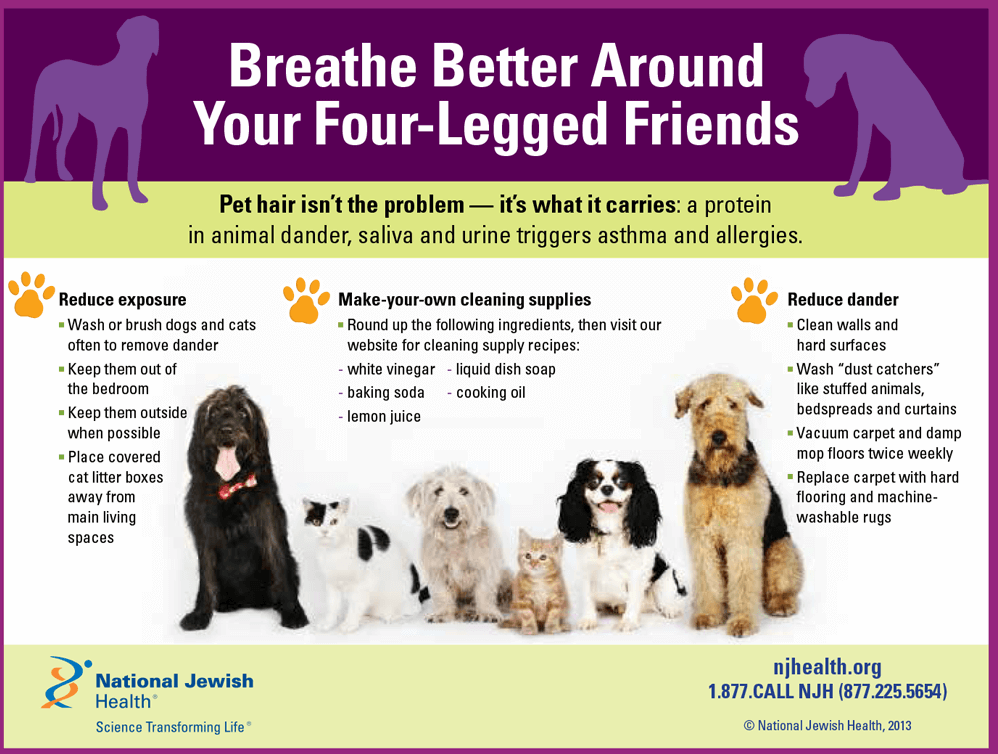Tips For Dog Daycare First Timers
Tips For Dog Daycare First Timers
Blog Article
Can Pet Daycare Reason Health Problem?
Chances are that if your pet is on a regular basis revealed to various other canines, even if they're properly immunized, they may come home with some sort of disease. Vaccinations, normal veterinary checkups, and great hygiene methods can minimize danger factors for infection and illness.
Stressed or anxious dogs can develop gastrointestinal issues and other health and wellness problems that are quickly spread out in between pet dogs. Developing age limitations and behavior policies can assist make sure that just healthy and balanced pet dogs enter your center.
Distemper
Canine distemper is a major and typically deadly virus that attacks a canine's respiratory, gastrointestinal, skin and immune systems. Pups are specifically at risk and can acquire the illness through direct contact with a contaminated pet or with the airborne transmission of virus particles given off during coughing, sneezing or taking a breath.
The incubation duration for canine distemper is in between 3 and 7 days. While young puppies at day care may seem to catch parvo from an additional contaminated pet dog, it's not likely because the incubation period is so short.
While there is no cure for canine distemper, encouraging treatment can assist canines recover. This includes liquids, anti-biotics and drugs to manage seizures. The Drake Center for Vet Treatment notes that signs include dripping eyes and nose, diarrhea, vomiting, anorexia nervosa and neurological issues such as twitching and tremblings. Puppies require a complete vaccination series and annual boosters to secure them against this disease, which is why reliable doggie childcare facilities need up-to-date inoculations.
Kennel Coughing
Kennel Cough (Canine Infectious Tracheobronchitis) is a very infectious upper respiratory system problem caused by bacteria and infections. It spreads through air-borne droplets from a cough or sneeze, straight get in touch with, and sharing of contaminated things such as toys or water bowls. It is endemic in position where numerous dogs are housed close together, such as kennels, pet parks, grooming salons and programs. A number of vaccines are readily available to safeguard versus the microorganisms that cause kennel coughing, and appropriate hygiene methods can help protect against infection.
The traditional signs and symptom is a completely dry, hacking cough comparable to that of a goose honk, and many dogs recuperate with little intervention. Nonetheless, serious instances can cause pneumonia, and puppies or pet dogs with pre-existing illness go to higher threat for problems. To speed up healing, use a harness rather than a collar while your dog is recuperating to avoid inflammation to the windpipe. A humidifier may likewise aid to dampen the air and prevent dry coughing.
Parvovirus
Parvovirus (CPV) is a significant illness in pets. It resembles feline panleukopenia (feline distemper), yet it's a lot more deadly and can spread promptly among pets because of its exceptionally durable nature.
This infection assaults the intestinal tract lining of a pet, ruining it and creating germs to dismiss into the blood stream. The damaged immune system and frustrating bacteria bring about septic shock, which is typically deadly.
Thankfully, vet hospitals use reliable treatment for parvovirus. These drugs are offered directly right into a person's bloodstream and targeted in the direction of the specific stress of parvovirus. This therapy method is extremely reliable and helps re-train the immune system to combat off the infection. Pets with severe signs are often hospitalized for a number of days for surveillance and intensive like guarantee their survival. Puppies, unvaccinated canines and pets with weak immune systems are especially prone to parvovirus. This is especially true for young puppies birthed to roaming mothers and sanctuary settings, where they are exposed to lots of various other unwell and susceptible pet dogs.
Pooch Influenza
Dog flu (CIV) is a contagious breathing illness that can be brought on by dogs sharing dog boarding kennels near me contaminated surfaces or straight contact with respiratory system secretions. CIV spreads conveniently in environments where there are high numbers of canines, such as pet parks, daycares, grooming facilities and vet facilities.
Contaminated dogs shed the virus with aerosol respiratory system beads when coughing or sneezing, and might contaminate objects they enter contact with like cages, playthings, food bowls, chains and the hands and clothing of people who handle them. Pet dogs can additionally be "silent carriers" spreading the virus without showing any type of signs and symptoms themselves.
Signs and symptoms of canine flu consist of nasal and eye discharge, cough, fever, loss of appetite, and weakness. The infection can advance to pneumonia, which can be deadly in some pets. PCR viral testing is available for confirmation of infection. Ideally, samples (typically deep nasal or pharyngeal swabs) for PCR testing must be gathered within 4 days of the start of professional indicators.